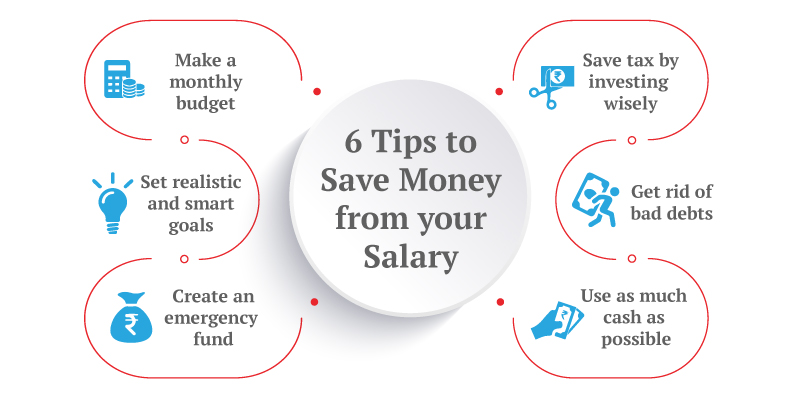Landing a finance job requires a strategic approach and careful preparation. Here’s a step-by-step guide to help you navigate the process effectively:
Self-Assessment and Goal Setting:
Assess your skills, qualifications, and career goals. Determine the type of finance job you’re interested in (e.g., investment banking, corporate finance, financial analysis) and identify the skills and experience required for that role.
Education and Training:
Obtain the necessary education and training for the finance job you’re targeting. This may include earning a relevant degree (e.g., finance, accounting, economics), pursuing certifications (e.g., CFA, CPA, CFP), or gaining practical experience through internships or apprenticeships.
Build a Strong Resume:
Create a tailored resume that highlights your relevant skills, education, and experience. Include any internships, coursework, projects, or extracurricular activities that demonstrate your qualifications and passion for finance. Customize your resume for each job application to emphasize relevant skills and accomplishments.
Network:
Network with professionals in the finance industry through informational interviews, networking events, career fairs, and online platforms like LinkedIn. Build relationships with mentors, alumni, and industry contacts who can provide advice, insights, and referrals for job opportunities.
Job Search:
Use various job search methods to identify finance job opportunities. This may include searching job boards, company websites, professional associations, and recruitment agencies. Leverage your network to uncover hidden job opportunities and get referrals for open positions.
Prepare for Interviews:
Research the companies and positions you’re applying for and prepare for interviews by practicing common finance interview questions, discussing your relevant experiences and skills, and demonstrating your knowledge of finance concepts and industry trends. Practice behavioral and case interviews to showcase your problem-solving abilities and decision-making skills.
Ace the Interview:
Dress professionally, arrive on time, and demonstrate confidence and enthusiasm during the interview. Communicate effectively, listen actively, and ask thoughtful questions to demonstrate your interest in the role and company. Be prepared to discuss your resume, answer technical questions, and provide examples of your achievements and contributions.
Follow Up:
Send a thank-you email or handwritten note to your interviewers within 24-48 hours of the interview to express your appreciation for the opportunity and reiterate your interest in the position. Follow up with recruiters or hiring managers to inquire about the status of your application and express your continued interest in the role.
Negotiate Job Offers:
If you receive a job offer, carefully review the terms and conditions, including salary, benefits, and other compensation packages. Negotiate with the employer if necessary to ensure the offer aligns with your expectations and career goals. Consider factors such as career advancement opportunities, work-life balance, and company culture when evaluating job offers.
Continuous Learning and Development:
Once you land a finance job, continue to invest in your professional development by staying updated on industry trends, acquiring new skills, and pursuing opportunities for growth and advancement. Seek feedback from colleagues and supervisors, set new career goals, and take on challenging projects to enhance your skills and expertise over time.
By following these steps and staying focused, proactive, and persistent in your job search efforts, you can increase your chances of landing a finance job that aligns with your interests, skills, and career aspirations. Remember to stay flexible and open to opportunities, and don’t be discouraged by setbacks or rejections along the way. With determination and dedication, you can successfully launch your career in finance.









